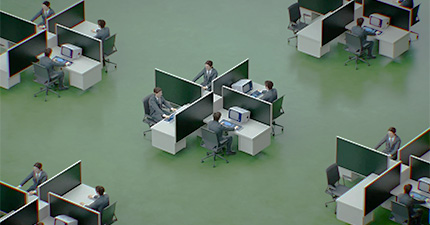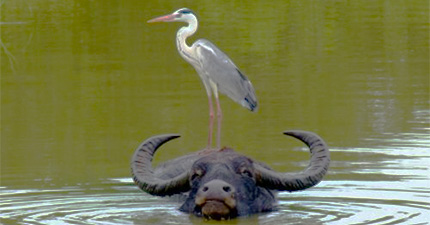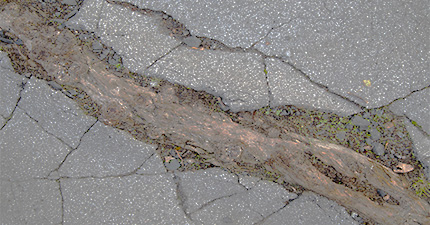I grew up before disaster stories became the bread and butter of young adult fiction. When I was a kid, I was reading Meg Cabot. I was reading stories about perversion and normalcy, about the peculiar kind of rebellious arrogance that affects kids who inherit from the financial capitals of the world, and about age old wives tales reinscribed as teenaged gossip. When I was younger, our fiction was mostly cheaply disguised PSAs about morality and about sex, drugs, and rock and roll.
But teenagers are no longer interested in the old stories. They are interested in armageddon.
We often depict climate change in death but we experience it in life. We experience it in our relationships, in our appetites, in our laments around housing, in our debts, and in our walks. We depict climate change as a singular catastrophe but we often experience it slowly, in ebbs and flows, and in so many iterations that we feel as though we are pin pricked by a cruel lover.
Climate change makes us desperate. We hang onto lovers because we are afraid that we cannot imagine a future without them. We cling onto friends because we are afraid of being thrown out with the bathwater, because we are aware that being isolated makes us more disposable. We stick to jobs because we understand that there is no safety net.
Climate change makes us apathetic. We give up on our pleasures because we no longer see the point of enjoying this incarnation of a body. We give up on lovers because we cannot imagine a future with them. We give up on friends because we are afraid that supporting someone else’s needs will make us poorer. We give up on our goals because we do not believe that we can thrive without a safety net.
It is ridiculous that, as the world as we know it ends, that we worry about our hair color, that we are concerned about the absence of bay leaf in a very specific recipe we downloaded from the internet, and that we look for something to fill a bored Sunday with while worrying whether our friends like us or not for something we said last week. But we worry about all of these things even when we are grieving and climate change is a lot of grief. We feel silly, foolish, and ridiculous for caring about life when we grieve but we are silly, foolish, and unrepentant creatures.
There are times when it feels as though we cannot face the reality of climate change. We see another article about how all the scientists are saying that we are fucked, another study about how much faster sea levels are rising than previously anticipated, and another article about how researchers are scrambling to save ice cones as glaciers melt. We flinch when we see stuff like this and flinching is the act of looking away from what we cannot hold.
But climate change cannot be put off. Climate change, like God, is everywhere and everything. It is in every love affair, every friend group, and every workplace. Everything that we do and consider has already been impacted by climate change. It is already within every distraction.
There is the temptation to moralize, to preach bad and good choices in consumption or food but remember—people living through climate change are a grieving people and grief has no patience for morality. Grief makes every effort feel useless. There is no longer a good life and nor is there a bad life. We think about whether we want to have kids, about whether it’s possible for someone a little like us can have a good life in this world, and we have no answers anymore.
What we need is a cosmology that understands climate change. We need a cosmology that understands the weight of what we have already lost—a cosmology that does not attempt to imagine nature in place or nature out of place but a cosmology that understands that the unknowable is only a symptom of change. We need a cosmology that understands grief and, in doing so, also understands life.


